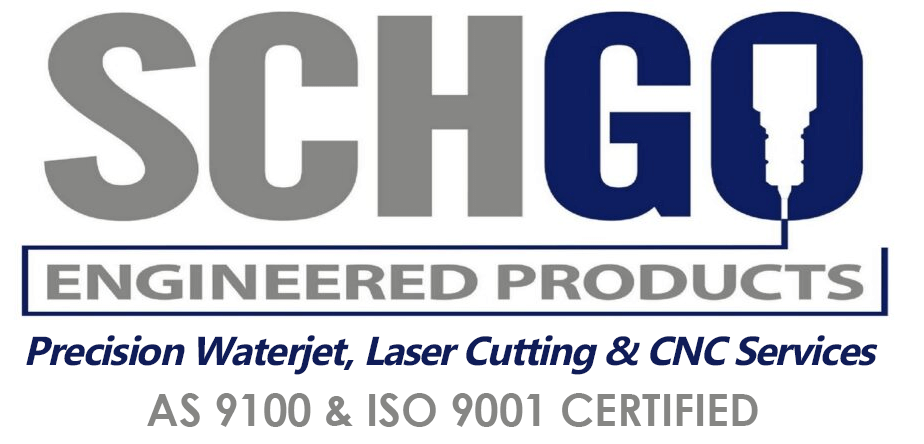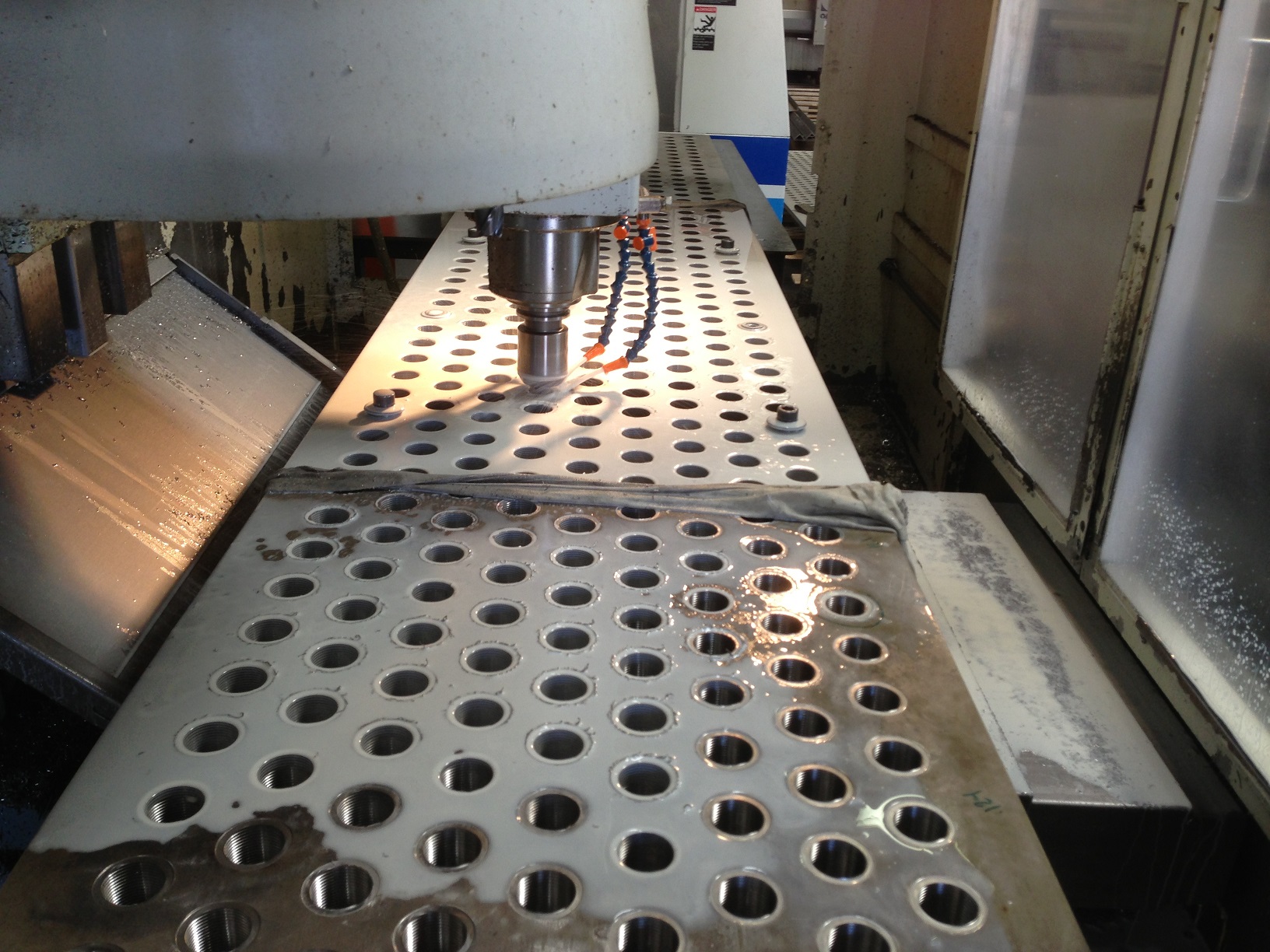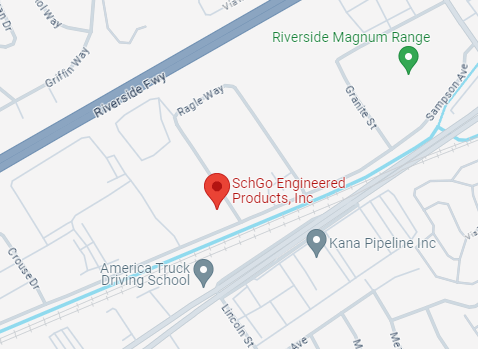CNC Cutting, Machining, and Milling: A Analysis of Precision and Material Integrity
CNC (Computer Numerical Control) cutting, machining, and milling are among the most widely used techniques in modern manufacturing. These methods offer precision, accuracy, and repeatability that are essential for creating high-quality products. However, achieving this level of precision and material integrity requires careful consideration of several key factors. In this article, we will explore the factors that impact precision and material integrity in CNC cutting, machining, and milling, including CNC precision cutting.
Precision Cutting and Its Importance in CNC Machining
Precision cutting is a crucial factor in CNC machining. It refers to the ability to make precise cuts with minimal deviation from the intended dimensions. CNC machines use computerized control systems to execute precise cuts, ensuring consistency and accuracy in the manufacturing process. This precision is essential for creating complex parts and assemblies that meet tight tolerances and fit together precisely.
The Importance of Material Integrity in CNC Machining
Material integrity is another critical factor in CNC machining. It refers to the ability to maintain the structural and mechanical properties of the material being machined. Material integrity is essential for creating parts that can withstand the rigors of their intended use. For example, aerospace components must be able to withstand high temperatures and stress without deformation or failure. Achieving material integrity requires careful selection of cutting tools, cutting parameters, and cooling methods.
Factors Affecting Precision and Material Integrity
Several factors affect the precision and material integrity of CNC machining. Some of the most critical factors include:
Cutting Parameters: Cutting parameters such as spindle speed, feed rate, and depth of cut affect the quality of the cut and the resulting material integrity. These parameters must be optimized based on the material being machined, the tool being used, and the intended purpose of the machined part.
Tool Selection: The selection of cutting tools is crucial to achieving both precision and material integrity. The tool must be chosen based on the material being machined, the desired surface finish, and the required tolerance.
Cooling Methods: Cooling methods such as air or liquid coolant are necessary to prevent overheating and maintain material integrity. The type and amount of coolant used must be selected based on the material being machined and the cutting parameters.
Tradeoffs in Balancing Precision and Material Integrity
Balancing precision and material integrity can be challenging, as these factors often compete with each other. Increasing precision may require slower cutting speeds or lower feed rates, which can result in reduced material integrity. Similarly, maintaining material integrity may require sacrificing some precision to avoid damaging the material being machined. Achieving the right balance between precision and material integrity requires careful consideration of the intended use of the machined part.
Challenges Associated with CNC Machining
CNC machining presents several challenges that can impact precision and material integrity. Some of the most significant challenges include:
Tool Wear: Cutting tools can wear out over time, leading to reduced precision and material integrity. Monitoring tool wear and replacing tools as needed is crucial to maintaining high-quality cuts.
Material Variations: Variations in the material being machined, such as differences in hardness or composition, can impact the quality of the cut and the resulting material integrity. These variations must be accounted for in the cutting parameters and tool selection.
Machine Vibration: Machine vibration can lead to deviations from the intended cut and reduced precision. Proper machine maintenance and calibration are necessary to minimize vibration and maintain accuracy.
The Impact of CNC Machining on the Environment
CNC machining can have a significant impact on the environment, particularly in terms of energy consumption and waste generation. CNC machines consume large amounts of electricity, and the production of cutting tools and coolant can generate waste. Minimizing the environmental impact of CNC machining requires the use of efficient cutting parameters, proper tool selection and maintenance, and responsible disposal of waste materials.
In conclusion, CNC machining is a crucial manufacturing technique that requires careful consideration of various factors, such as cutting parameters, tool selection, cooling methods, and machine maintenance, to achieve precision and material integrity. For companies looking to outsource their CNC machining needs, it is essential to work with a reliable and experienced partner that uses the latest technology to ensure high-quality cuts. Schgo is a leading company in the field of CNC machining, and they use the latest technology to provide precise and efficient manufacturing solutions. Contact Schgo today at 951-272-8089 to learn more about their CNC machining services and how they can help meet your manufacturing needs.




